What is the Eurovision Song Contest?
Started way back in 1956 as a way of drawing a fractured Europe back together with the healing power of music, the Eurovision Song Contest, or Concours Eurovision de la Chanson – the contest is telecast in both English and French – is open to all active members of the European Broadcasting Union, which oversees the competition.
Each country is permitted to submit one three-minute song to the contest – a song which is selected by a variety of means, usually a winner-takes-all competition such as Sweden’s renowned Melodifestivalen – which they perform in one of two semi-finals in the hopes of making it to the glittering grand final.
Only six countries have direct entry into the grand final:
- The Big Four who fund most of the contest – UK, Germany, France and Spain
- The host country (which is the winner of the previous year’s contest)
- Italy, who didn’t take part for many years and was re-admitted in 2011 after a 14 year absence (it was one of seven countries that competed in the first event), making the Big Four the Big Five.
The winner is chosen by a 50/50 mix of viewer votes (you cannot vote for your own country) and a jury of music industry professionals in each country, a method which was chosen to counter the alleged skewing of votes based on political and/or cultural lines when voting was purely the preserve of viewers at home.
Past winners include, of course, ABBA in 1974 with “Waterloo” and Celine Dion who won for Switzerland in 1988 with “Ne partez pas sans moi”.Above all though, the Eurovision Song Contest is bright, over the top and deliciously camp, a celebration of music, inclusiveness and togetherness that draws annual viewing figures in the hundreds of millions.
IRELAND: “MAPS” by Lesley Roy
THE ARTIST
It is always fascinating to see the songwriter behind the well-known artists step out and claim the spotlight for their own.
Lesley Roy, who lives with her American-born wife in New York City – she splits her time, during more normal non-COVID-19 times at least, between Ireland and the United States – is just such a person, having penned hits for artists including Adam Lambert, Miss Montreal, Medina, Jana Kramer, Marlee Scott and Deorro.
To be fair, she released her own album, Unbeautiful, in 2009 on Jive Records, so having attention on her is no new thing, but has concentrated since then on being the Cyrano de Bergerac for other artists in what her Eurovision bio terms a “prolific” career.
Now, however, she is back where she once was, excited for her slice of the Eurovision experience:
“Growing up in Ireland, obviously the Contest holds a special place in my heart, as it does for many people. It was a very big event in my house every year, we watched and voted on each act and I became a massive fan at a very young age. I’m very lucky that I am from the era of Niamh Kavanagh, Paul Harrington, Eimear Quinn and Riverdance.” (eurovision.tv)
THE SONG
While “Maps” is in some ways a garden variety radio-friendly piece of pop that entertains while it’s being played but doesn’t have much longevity beyond that point, it does have a buoyantly captivating feel to it than sweeps you up and make you feel like everything is upliftingly possible.
It has a similarly euphoric feel to her entry for the cancelled 2020 Eurovision Song Contest, “Story of My Life” and that alone should ensure it goes happily into the grand final; it also helps that Roy demonstrates a gift for an emotionally intense performative mastery in the clip which will no doubt translate to an impressive stage performance.
While the lyrics sound like they are lifted straight from the Eurovision playbook of inspiring words, there is a rich authenticity and emotional veracity to Roy’s delivery that should make it accessible to audience members and create a sense of something special happening on stage.
While it likely won’t bring the contest back to Ireland’s shores, its a vivaciously upbeat track that will cover the country in some glory and ensure it acquits itself beautifully at this year’s contest.
ISRAEL: “Set Me Free” by Eden Alene
THE ARTIST
Born to Ethiopian-born Jewish parents in Jerusalem – her parents were among the thousands of Beta Israel ethnic group who emigrated to Israel over decades but most notably between 1979 and 1985 – Eden Alene is a graduate of various religious schools and a past attendee of Hebrew University High School.
She is also, rather helpfully for her chosen career as a singer, well-trained in ballet and vocal gymnastics, kicking things off in her teenage years when she was part of a choir of young people from all kinds of backgrounds which was dedicated to showing music power to profoundly change things.
It’s a perfect primer for the inclusive spirit that infuses and sustains Eurovision and she has used her musical grounding in the choir to good effect, singing in a military band during her obligatory military service, winning The X Factor Israel in 2018, singing in a 2019 production of Little Shop of Horrors in Israel and now, of course, representing Israel at Eurovision.
THE SONG
“Set Me Free” seems to be a case of what is increasingly looking like Second Year Song Syndrome where a strongly memorable 2020 entry (“Feker Libi”) is replaced by a quite pleasant but not as impactful 2021 effort.
That’s not to say that the song is a lovely slice of catchy pop.
It’s got an infectious beat, a delightful lyrical intensity and the video clip suggests that Eden Alene will do very nicely on the night; having said that, the song while engaging, doesn’t have much lasting impact beyond the three minutes of listening time and while it could do nicely enough on the charts, it’s not the kind of song that will set the world, or Eurovision voting, on fire.
Israel’s entry this year is a perfectly good song but it’s not got grand final contention written all over it and so Tel Aviv likely shouldn’t get used to the idea of hosting the contest in 2022.
LATVIA: “The Moon is Rising” by Samanta Tīna
THE ARTIST
While her 31-year-old birth certificate may say Samanta Poļakova, Latvia’s representative at the 2020 Eurovision Song Contest, prefers to be known professionally as Samanta Tīna.
A singer and composer who competed in and won the 2010 series of Latvian music show O!Kartes akadēmija which came with the alluring prize of studying at the Tech Music School in London, England, and then went on to great success in the Moldovan singing competition Golden Voices, a pattern repeated in subsequent competitions where Tīna’s repeated high placings marked her as a talent to watch.
And watch her people did as she competed multiple times to represent both Latvia and Lithuania at Eurovision (which means this year’s cancellation must really hurt as there’s no guarantee she will automatically be granted entrant status for Latvia for 2021):
“Samanta Tīna has competed in the Latvian selection for the Eurovision Song Contest no less than 6 times, finishing second twice – in 2012 and more notably in 2013 with the fan-beloved song, I Need a Hero. Not one to give up, Samanta has also twice attempted to represent her second home, Lithuania, in 2015 and 2017.” (Eurovision.tv)
Driven by a need to show that while Latvia might be small, it can make a big impression, Tīna is dedicated to the ideals of the contest, writing her 2019 graduating paper on an analysis of the national selections for the Eurovision Song Contest in Latvia and Lithuania.
THE SONG
Understandably the urge to play it safe when you’re representing something as big and important Eurovision is HUGE but Samanta Tīna is not giving into any temptation to hedge her bets, delivering up a very cool, genre-pushing song in “The Moon is Rising” which kicks safe musical choices to the curb and embraces an edgy sound and lyrics that are inspirational certainly but very much of the moment.
Styled as a mesmerisingly good declaration of female empowerment and a dismissal of patriarchal, the track, which the artist says is about encouraging “women to not be afraid of ourselves and of being different”, has its unapologetically declarative lyrics matched with a similarly bold musical delivery which is every bit as daring and orthodoxy challenging as you’d hope.
This is a song that will either find acceptance among audiences for its difference and willingness to stay something current and important that goes beyond trite feel-good messages or sink without a trace as audiences seek a known quantity in highly unstable times.
Either way, Tīna should be immensely proud of delivering song that is not only the equal of last year’s “Still Breathing”, but which more than fulfills the Eurovision ideal of pushing boundaries and trying to make the world a better place with music that actually means something.
LITHUANIA: “Discoteque” by The Roop
THE ARTIST
The Roop, made of Vaidotas Valiukevičius, Robertas Baranauskas, and Mantas Banišauskas, like mixing lots of genres into their work.
Lots and lots of genres; try rock, pop-rock, soft-rock, dance-rock, indie and pop, which instead generating some kind of twisted Frankenstein beast of a musical identity, give The Roop a unique quirky and infectiously catchy sensibility.
With two albums (To Whom It May Concern in 2015 and Ghosts in 2017) and an EP (Yes, I Do in 2018) to their credit, there’s ample evidence that the group are able to create memorable pop that grabs the attention of their fans:
“The Roop shows are a mix of energy and feel. Listeners never remain indifferent and bravely get immersed in the musical storytelling of the band. Live shows are characterized as lively, honest and having a strong relationship with the audience.” (Eurovision.tv)
A little older than your typical pop stars – lead singer and band leader Valiukevičius dismisses this as an issue, saying “I wish to send my listeners confidence and good vibes. We are all capable of being who we want when we want, and age is not important.” – The Roop stand ready to make a headily different statement at this year’s contest.
THE SONG
Good lord, but this is a FUN song!
FUN FUN FUN FUN … FUN!
A firm favourite since it first emerged a few months back, “Discoteque” is a vividly yellow slice of disco pop that celebrates giving into your private inner dancer and letting your dancing freak flag fly and while you’re at it, healing what ails you with movement and exuberant abandon.
Building to a euphorically infectious chorus that definitely makes you want to hit the dancefloor, wherever that may be, “Discoteque” is a thousand kinds of delight and happiness and releasing joy, a song so catchily good – so good in fact it will have along life beyond Eurovision – that it will propel Lithuania not only to the grand final but to a eminently possible top 5 finish.
How will we celebrate? By dancing alone, of course …
MALTA: “Je Me Casse” by Destiny
THE ARTIST
Destiny Chukunyere, who has chosen the very Madonna route of a single first name for her showbiz moniker, started her singing career off nice and early.
Born in Birkirkara to Nigerian former footballer Ndubisi Chukunyere and a Maltese mother, she has tasted success already, despite still being in high school, winning Junior Eurovision in 2015, participating in series 11 of Britain’s Got Talent in 2017 (she placed 6th in the semi-final) and winning the second season of the Maltese version of The X Factor.
Those are some serious runs on the musical board, and with a powerful vocal presence that seen her compared to the likes of legendary performers like Aretha Franklin, count on her making some serious waves in coming years.
Whether she makes it to Eurovision in 2021 as Malta’s entry has to be confirmed, but even if that doesn’t happen, and seriously listen to her, how could it not, Destiny has well, destiny on her side, of those naturally impressive voices that will find a way to stardom, no matter the roadblocks placed in her way.
THE SONG
Another timely song that acknowledges the world is changing no matter how hard more conservative forces trying to hold necessary progress back, “Destiny” is a gloriously upbeat declaration of independent acting and thought.
Just look at these brilliantly good lyrics for a starter.
“Hell no I am not your honey
Hell no I don’t want your money
Got it wrong I ain’t into dummies”
Paired with quirkily powerful music that is more than up to the task of amplifying the lyrics, and getting you dancing into the bargain, “Je Me Casse” (literally “I Break”) is a gleefully piece of masterful songwriting, giving even more of a boost by Destiny’s voice which is intoxicatingly vibrant and expansively emotive.
Look for the song and a powerhouse performance from Malta to send the song and Malta into the grand final with a footloose and fancy free statement of passionately danceable intent where it will likely vie for the much coveted and longed-for crystal microphone.
MOLDOVA: “SUGAR” by Natalia Gordienko
THE ARTIST
This year’s contest will not be Natalia Gordineko’s first Eurovision rodeo.
Way back in the Noughties, in Athens in 2006 to be precise, the singer who’s called music her calling since the age of 15, appeared with fellow performers Arsenium and Connect-R at Eurovision, coming in at 20th position.
She may not have set the world alight in Greece but that same year she won Slavianski Bazaar, an international arts fair held in Belarus, establishing her as an artist to watch and setting in train a slew of heady career successes.
2007 saw her take out the Grand Prix at the New Wave competition in Jūrmala, Latvia, followed by an appearance at the World Championships of Performing Arts in Los Angeles, where she won gold and last but not least, being bestowed with the title Honored Artist of the Republic of Moldova.
Is that your fireplace we see warping under the weight of all those awards, Natalia?
Not content with these accolades, Gordienko has released three solo albums, had her music videos shot by famous directors from across eastern Europe, and is currently hosting the highest-rated TV show in Moldova, somehow finding the time in the middle of all that to DJ.
THE SONG
Yes, “Sugar” is as light and fluffy as a perfectly-crafted meringue but it is proof positive than a light, bright, fun pop song doesn’t have to forgo real passion, zest or musical presence.
The song is a lavishly colourful song that doesn’t even attempt to hide its more carnal intentions, delivering it in a way that is playful and which comes with some musical bravura and power, the kind you might not expect when the song first gets going.
One of the more fun entries this year, which could go head-to-head with Azerbaijan’s “Mata Hari” and Lithuania’s “Discoteque” for effervescently pop, escapist pop fabulousness, “Sugar” has all the potential of being a supremely fun song to watch live on stage.
Granted it’s not making a statement, which is kind of expected of Eurovision songs but who the hell cares when the song is this much light and frothy delightful fun?
EUROVISION EXTRA EXTRA!
The signature postcards, which introduce each artist at Eurovision, are in production and in this video you get a great look at where they are being shot and the ideas driving their creation.

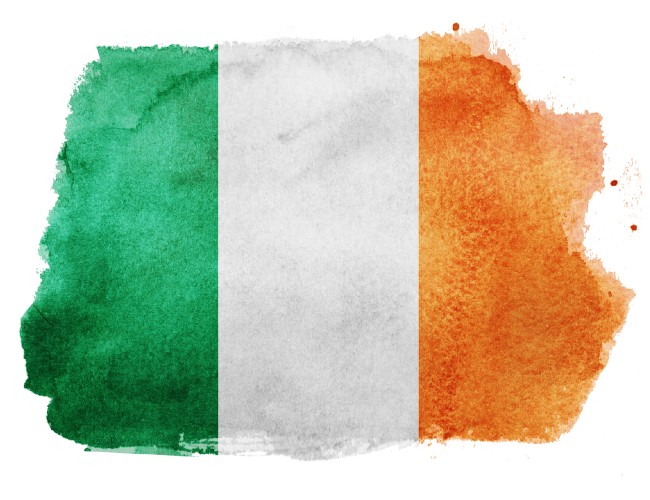

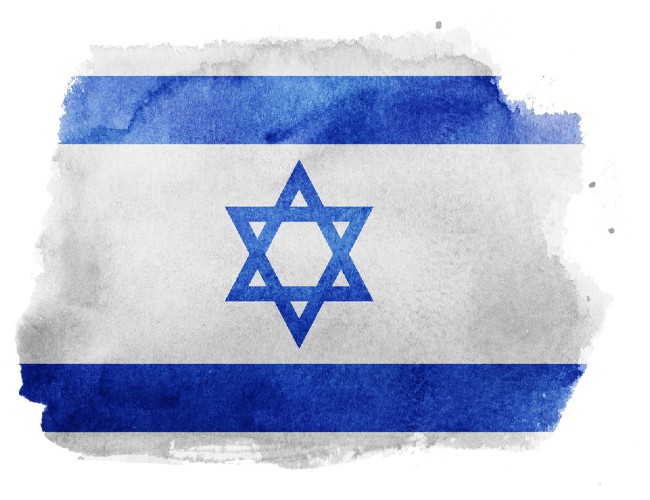

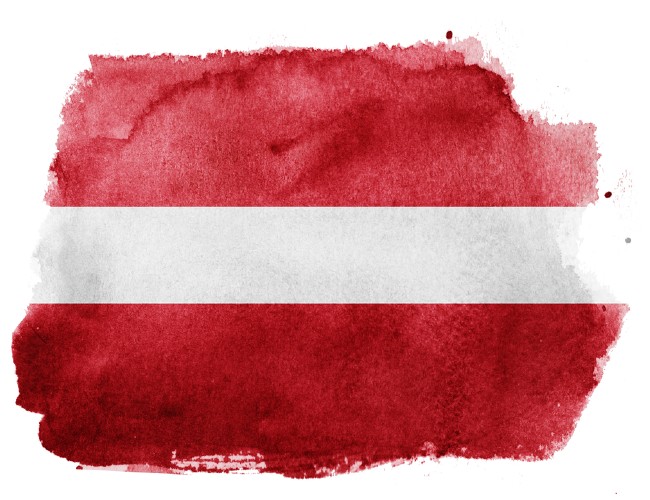

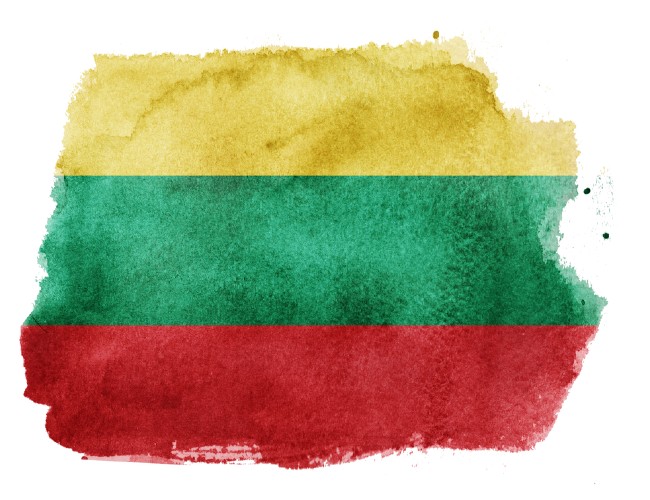

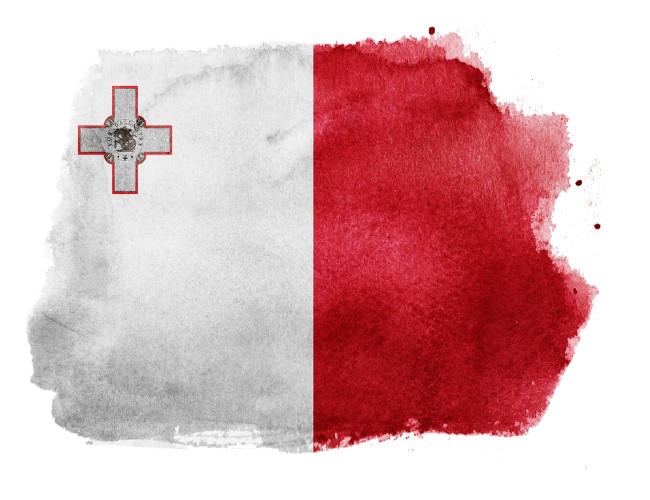

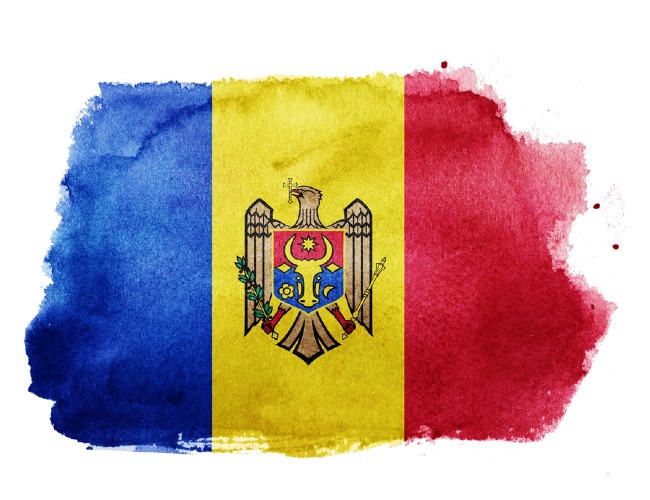

Great reviews. I look forward to Moldova’s stage show, too. Malta and Lithuania have huge potential and I agree with what you wrote about Latvia. It should be rewarded but might be forgotten.
I want to like Israel but find myself skipping it. Likewise Ireland a Swedish produced pop something that fails to get me excited.